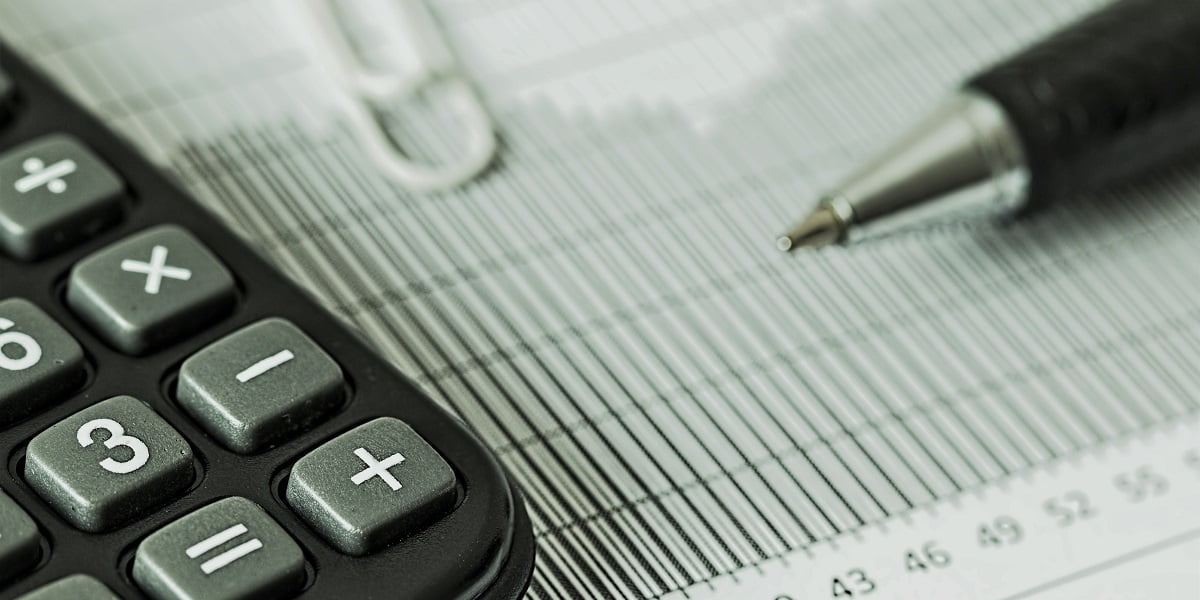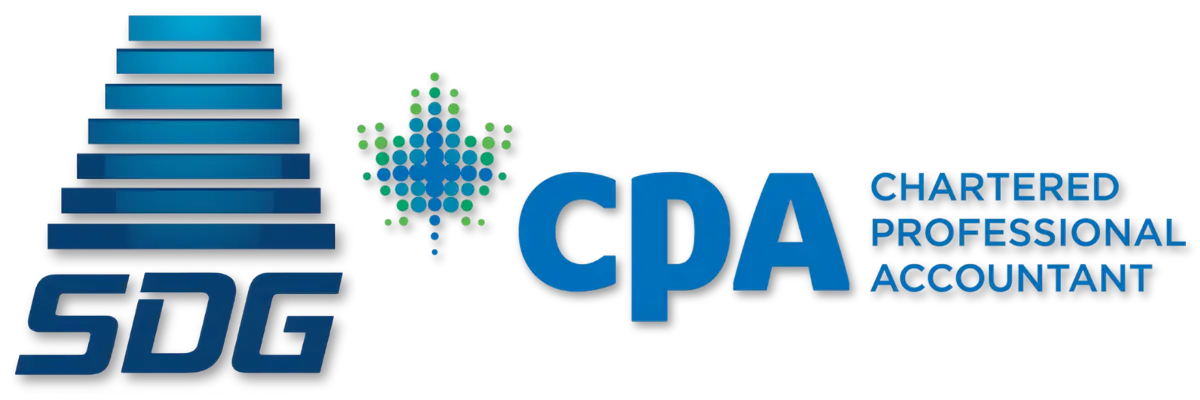
Keeping track of your business expenses is an important part of your operations to ensure that you have a good handle on your finances and to accurately report your tax situation at the year-end. Alongside your expenses, your assets can be a tool you can take advantage of, depending on your goals. Following is a brief introduction to CCA.
What in the World is CCA and Why Should I Care?
CCA stands for Capital Cost Allowance and is a calculation for tax purposes for the depreciation on the assets in your business. But what does that mean in non-accounting jargon? Essentially, your equipment, property and other assets lose value over time and as you use them during the course of your regular business. The general calculation creates a way to account for that loss of value and use it to reduce your current year’s tax obligation. Not every item has the same CCA rates, so different items will provide different tax benefits, but this allows you to use your assets not only for your regular business but to also reduce your amount of tax owing.
Sounds Good. What’s the Catch?
As useful as CCA is to reduce your tax owing, this is not without regulations and exceptions. The first thing to keep in mind is that based on the calculation for CCA the amount you can claim each year is going to go down as you continue to claim it. The calculated amount each year is based off the original price of the asset, the assigned percentage for the class of asset (a link to the CRA regarding CCA classes is provided below), and how much of the asset is currently unclaimed (this portion is known as the undepreciated capital cost or UCC).
Another aspect to keep in mind is that, unlike some other tax credits, CCA cannot be used to create a loss. No matter how much equipment you have in your business you can only use CCA to bring your net income to $0. You are not required to claim CCA at all, in fact, this process is completely optional, and in years where your CCA exceeds your income, you can choose to claim only a portion rather than reduce your UCC by reaping the benefit of the associated CCA tax credits.
It is important to keep track of the CCA claimed on each asset, not only for future tax years but also for the event you trigger something called a CCA recapture when you sell your assets. If you sell an asset for more than the UCC this will cause a recapture for the difference between these two amounts. Normally any gains on the sale of an item are only 50% as they are considered capital gains, however, the CCA recapture is not considered a capital gain and is fully taxed at your marginal rate. This will not always be an issue and can be outweighed by the benefit of the tax savings in your previous years. Whether or not it’s beneficial will depend on your plans regarding your assets and the type of assets you have.
In specific conditions, claiming CCA can also disqualify individuals from claiming certain tax-saving opportunities. We recommend individuals considering starting a business consult with an accountant so that you can make a customized plan as to if you will want to claim CCA and on which assets you want to claim them.
This site provides general information on various tax issues and other matters. The information is not intended to constitute professional advice and may not be appropriate for a specific individual or fact situation. It is written by the author solely in their personal capacity and cannot be attributed to the accounting firm with which they are affiliated. It is not intended to constitute professional advice, and neither the author nor the firm with which the author is associated shall accept any liability in respect of any reliance on the information contained herein. Readers should always consult with their professional advisors in respect of their particular situation.
Andrew Ramires
July 14th, 2017

